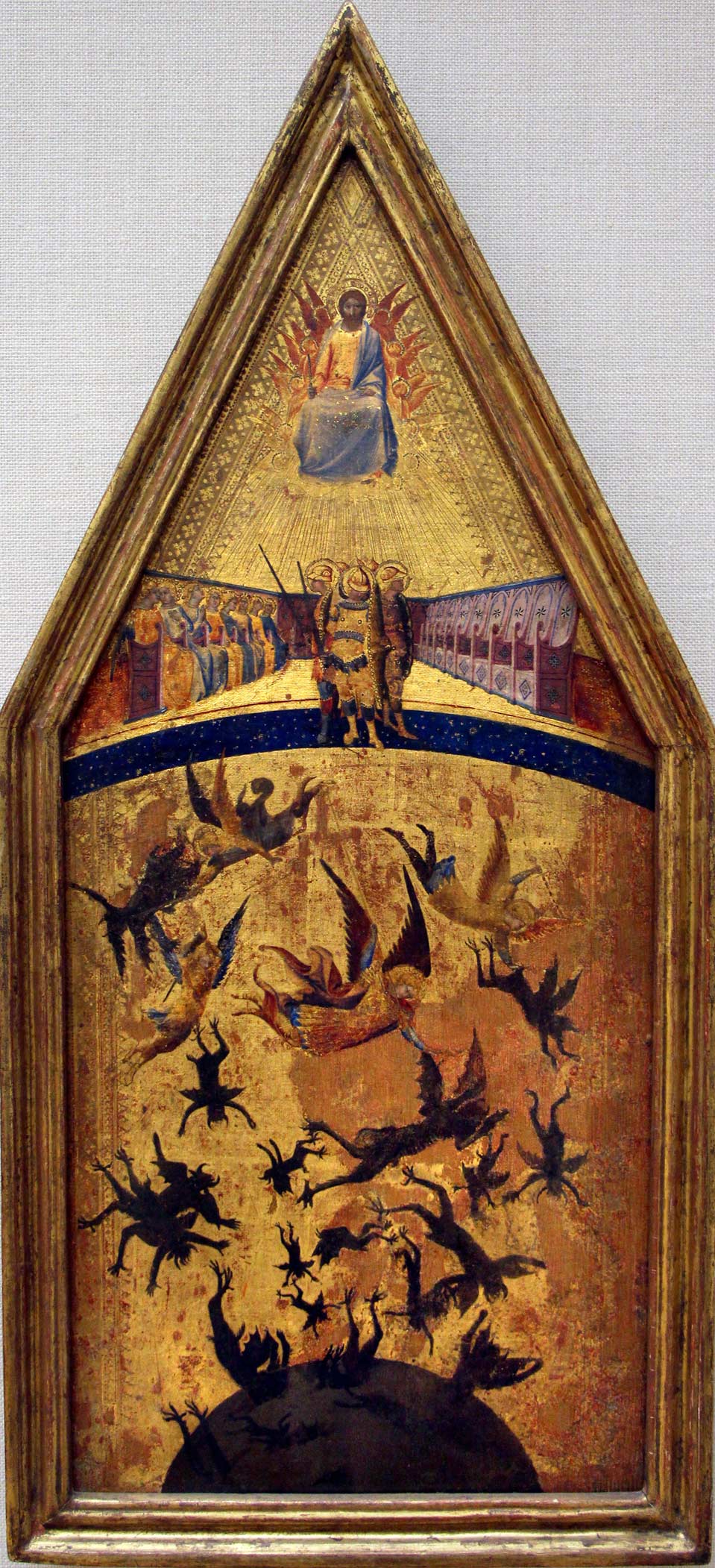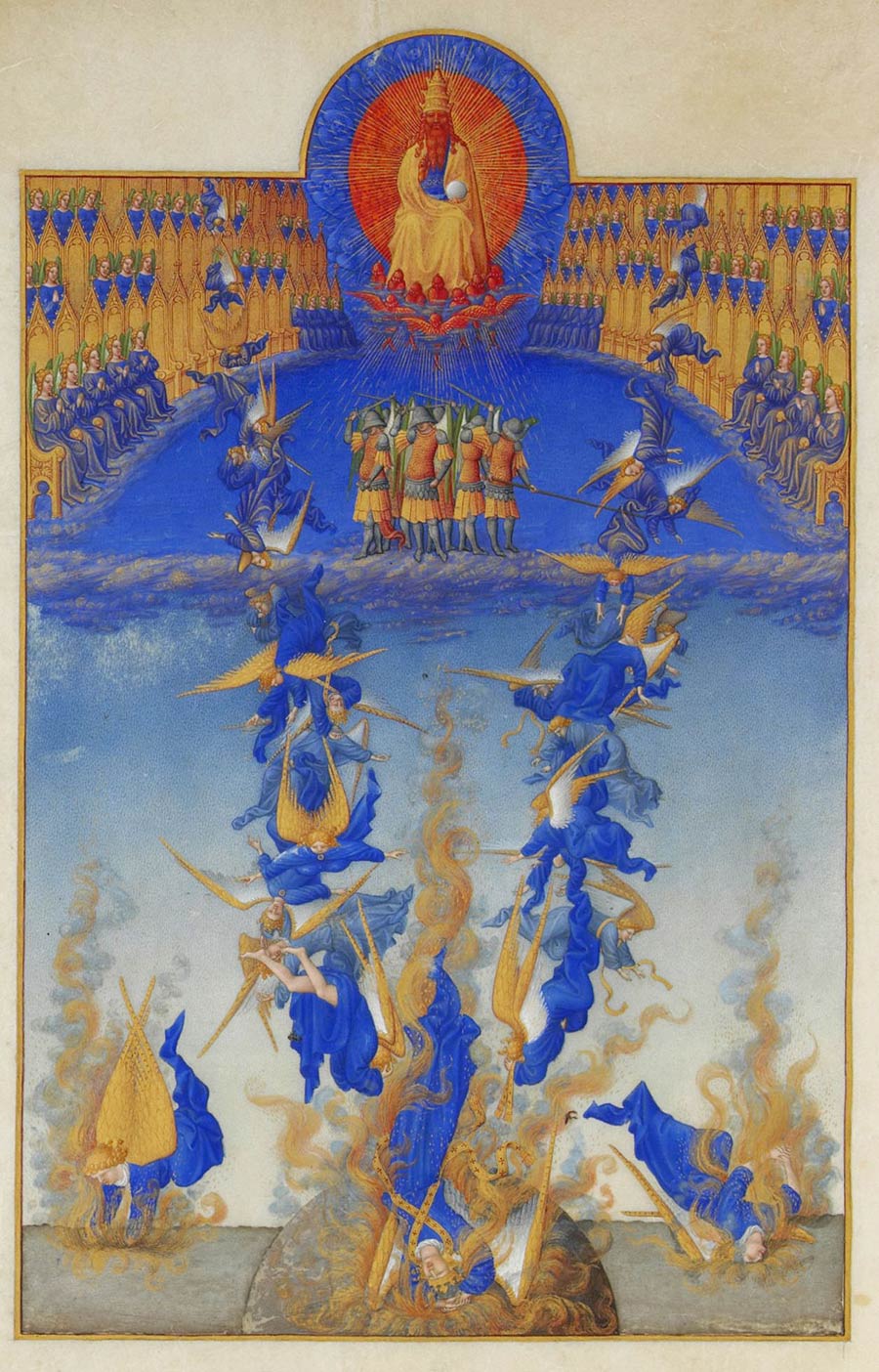Tag: myth
Crazy
Did they ever call you crazy? Were they right?
This is the second excerpt from my book, Memoirs from the War in Heaven. It was just when I was being kicked out of my apartment for not paying rent. When the landlord showed up with two cops, I acted strangely, half on purpose, so they sent me to a looney bin:
They say that you will know the difference between psychosis and a religious experience by what the effects are. If they mess up your life, it’s the bad thing. If it heals you, then there’s a better chance that it is God. Philip K. Dick and I—what to make of us? They seem in the middle, these experiences of ours, both damaging and healing, or maybe neither. Phil could carry on a normal life, but he was obsessed—till the day he died—because of the events of 2-3-74. He wrote 8,000 pages about it. He wrote 4 novels about it. Was it God? Who can say? It didn’t stop a suicide attempt, that’s for sure. Though maybe they did stop him from dying from that attempt.
And me? The experiences, I must admit, have been intrusive at times. But they always end up helping me. I remember one Christmas card I got, from my brother, in which he wrote, “If you say that God is acting in your life, I believe you. Because you have turned your life completely around.” But I get a bit far ahead of myself; that would come later. Right now I was still headlong down addiction’s highway, and going into my first mental institution not because of what was going on in my head, but because I gave up. And as we descend, one must ask if one day we will face the heart of darkness? (You must go alone, at night…)
So the mythology going on in my head was, at the time—and it was a fluid thing—was that actually, the rebel angels had actually been the good guys, and the powers that be were the oppressors. I wasn’t thinking that those powers were Jesus-based figures. I was working on my own Gnostic-type ideas. For instance, there was written in one Gnostic text that one of the Archons (one of the evil rulers of this material world) rebelled against Ialdabaoth, who was the god of this world, which was a fallen world. So I thought I was of that rebel’s ilk in the rebellion, but not exactly. Don’t ask me how it all worked out, I didn’t have too much work go into its structure. Just a lot of nerve.
I called myself Lucifer Morningstar, the name I got not from the Bible, but the comic book Sandman, by Neil Gaiman. He added the “Morningstar”, that is, since yes, the first half of the name does come from scripture. There was actually a competition I was in for this name, with Jim Morrison, who just kept it as “Lucifer”. (He won that, by the way. Turns out it was not the type of thing you wanted to win.) If I was against God, it was because He was in the wrong, somehow: I had no intention of being evil. Though I really didn’t think much on what made us fall, just how noble we were being rebels. Oh, and “we”? I thought my friends and such were the other “devils”, like Asmodeus and Beelzebub. Like I said, it wasn’t fleshed out to any significant depth. Good thing, too.
So at the initial hearing, the judge asked me, “What is your name?” to which I answered, “Lucifer Morningstar”, and when he asked, “Where were you born?” I answered, “Heaven”. And that was the end of the hearing, basically. With that kind of performance, they can lock you away. I think it was from a 3 day stay to become a 14 day stay. I found out being called “Lucifer” in real life does things to your head. It was just a phase, though. In and out the transom of desire.
The Fall of the Rebel Angels
Archangel Michael Defeating the Devil
The Best Story Wins
I’m as yet trying to get a handle on how exactly this thing called “time” works, at least in relation to what I label “Eternity”. I have stated before that since the War in Heaven is a war in eternity, the primordial Fall of the Dragon and his rebel angels is one and the same as the eschatological Fall that is a sign of the Apocalypse. (Wow, a lot of capitalized words. I better have a point.) It is part of doctrine that Jesus Christ defeated Satan once and for all when he died on the cross. Yes, but we did not stop fighting Satan at that point. One of the mottoes of the Church might be, “eternal vigilance”. Always to be on guard against Satan and his minions. Was it because, perhaps, it was that the Crucifixion and subsequent Resurrection were actually to defeat the Devil in Eternity, while things still play out in time, while we are in this mortal coil?
Let us say that the universe is made of words. And that each angel were responsible for one of those words. Since they were blameless before iniquity were found in them, let us say that all of the rebel angels, they were also each responsible for a word: these were the point of contention between the good and the evil, that the meanings of these words were not corrupted to a state that would make them unrecognizable. For at any of these breaches could the derangement propagate. This is not an exact description as to what exactly happened during the War, but it is close enough to understand just how things may work. Philip K. Dick remarked that the universe was made of information: what if the metainformation, how this world’s strata forms as information, what if that were like the “words” just mentioned? Words that governed other words…
Now, within that “words” model: what if the universe were a grand story, composed of smaller stories? What if the only rule, really, in how it all works in the grand scheme, is that “the best story wins”? Maybe not at any given time that the story were being told, that things could not be “better”—this is the fallacy of personalization: if it’s not good for me, it’s not good. But what if, by the grandest wisdom, what if everything that ever was, put together, were the greatest story that could be told? Once again, not because nothing bad happens; in fact sometimes because something bad happened. If that is the case, then maybe we really do live in the best of all possible worlds. Ain’t that a kick? And since we are still going, this grand story is still being written, by you and me, and whatever forces are at work here or in Eternity.
How much did the fallen ones affect the universe? It is easier to do evil than to do good. People don’t (a lot of times) get what they deserve. Bad things happen to good people. Wherever you see it is not as it should be, this is of the damage done to the happening of creation. Though there was no break in the ultimate logic of all things, there were definitely places where there was warping. And then sometimes, you can see God’s hand counterbalancing the dementia, where it is almost obvious that the antiprovidence were turned about, and things worked out better than if the wrong had not happened at all. You’ve seen stories, surely, of the serendipity? Death and pain put to fruitful ends. Evil ultimately defeated by a love that would not have been so had there not been any evil at all.
As far as “time” goes, I still see sometimes things from before the casting of Satan from Heaven. I am told that even if it is clear in the Halospace that we, the good guys, won, Lucifer from before the Fall merely assumes that this is a reality that he did not choose to instantiate (solidify); which unfortunately for him is a wrong assessment. How the things I see reconcile in Eternity, I seem to have some feel for it. They, the ones in the Halospace, must expend some of their precious time to do anything, especially if that is to interact with the “real world”. It used not to be a big deal for them there, but after the Fall, it is written that Satan was filled with wrath, for he knew that his time was short. The fallen angels: the words they were entrusted with were taken away. They no longer possess anything of Eternity. Trapped in time, all of them are, to await the end that surely comes.



